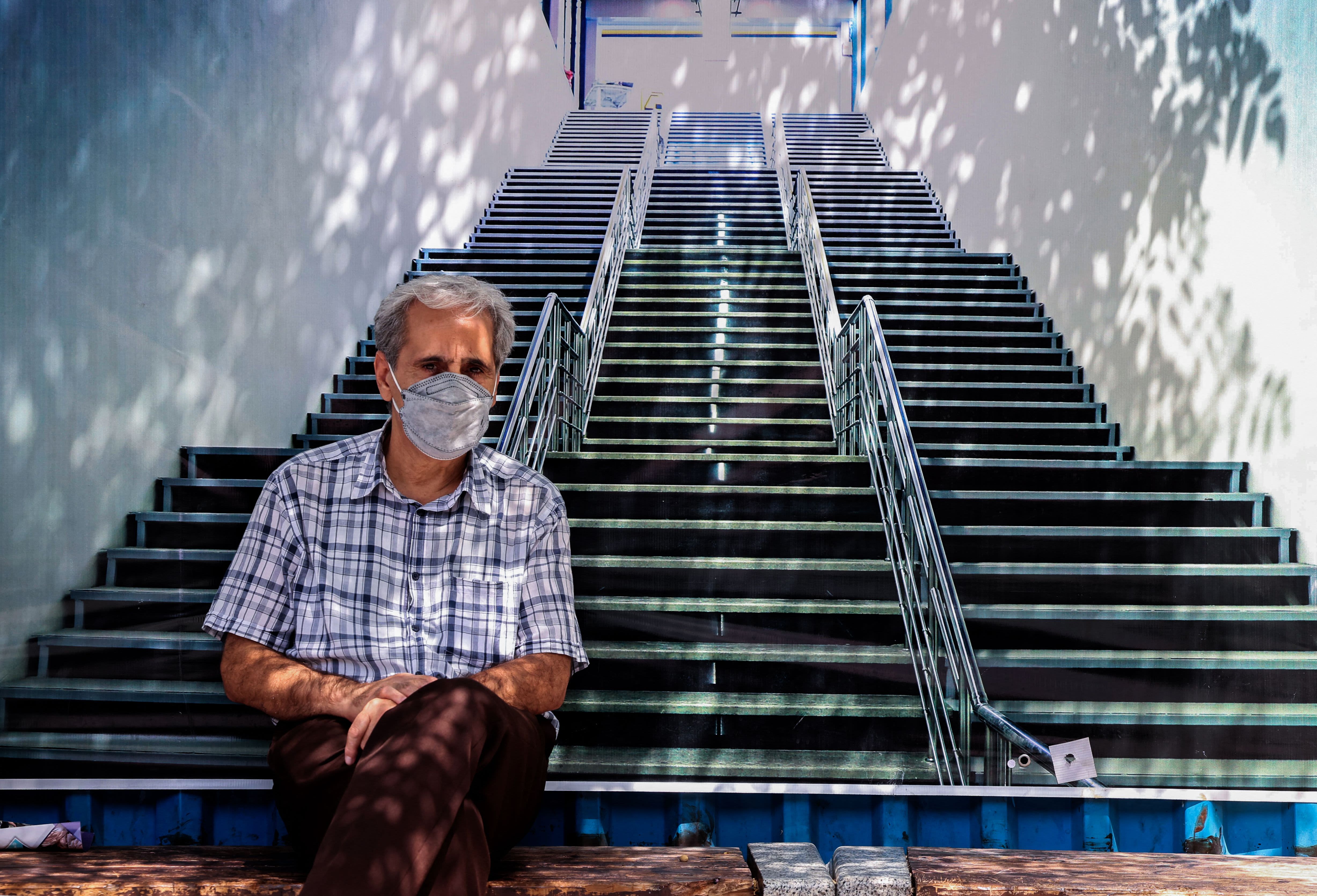
A man enters the headquarters of the World Health Organization (WHO) on June 15, 2021 in Geneva, Switzerland.
Sean Gallup | Getty Images
LONDON — The World Health Organization on Wednesday published a definition of long Covid for the first time, seeking to provide much-needed clarity on one of the most mysterious aspects of the coronavirus pandemic.
Here’s how the U.N. health agency has defined long Covid, referring to it as “post Covid-19 condition,” the name proposed by WHO’s International Classification of Diseases.
“Post COVID-19 condition occurs in individuals with a history of probable or confirmed SARS-CoV-2 infection, usually 3 months from the onset of COVID-19 with symptoms that last for at least 2 months and cannot be explained by an alternative diagnosis,” the WHO said.
“Common symptoms include fatigue, shortness of breath, cognitive dysfunction but also others … which generally have an impact on everyday functioning. Symptoms may be new onset, following initial recovery from an acute COVID-19 episode, or persist from the initial illness. Symptoms may also fluctuate or relapse over time.”
The WHO said a separate definition may be applicable for children.
The global health agency has previously said it has taken a long time to resolve a formal definition of long Covid because there are so many linked symptoms associated with the condition.
“Within the whole of the WHO, this has been a major issue for us,” Dr. Mike Ryan, executive director of the WHO’s Health Emergencies Program, said on Wednesday.
“We have to remain vigilant, this pandemic is not over and it continues to cause disease, continues to cause death, but it also continues to cause long-term consequences for people around the world,” Ryan said. “Again, within the falling numbers that we see, that masks tremendous problems emerging in countries.”
Ryan described the definition of long Covid as “a great step forward,” before adding the WHO’s understanding of the condition was evolving and therefore likely to change.
‘A modern medical challenge of the first order’
Most people who get Covid-19 suffer the common symptoms of a persistent cough, fever and shortness of breath, and recover within a few days or weeks.
However, for some, the symptoms can last much longer.
The WHO estimated that 10% to 20% of Covid-19 patients experienced lingering symptoms for months following infection. These prolonged symptoms can include persistent fatigue, breathlessness, brain fog and depression.
An Iranian man wearing a face mask as protection from Covid-19 sits on a bench at the Grand Bazaar of Iran’s capital Tehran on September 5, 2021.
ATTA KENARE | AFP | Getty Images
Health experts say the condition is clearly of public health concern, given the substantial impact it has on society, ranging from increased health care costs to economic and productivity losses.
To date, there is no proven treatment or rehabilitation guidance for those with long Covid even as the post-viral syndrome continues to affect people’s daily functioning and their capacity to work.
An editorial published in The Lancet on Aug. 28, described long Covid as “a modern medical challenge of the first order.”
Managing long Covid
The British Medical Journal hosted an online webinar last month to discuss the diagnosis, management and prognosis of long Covid.
Health experts on the panel said “profound fatigue” was a common symptom among many with the condition, while a wide range of other symptoms included muscle and body aches, chest heaviness or pressure, skin rashes, palpitations, fever, headache, diarrhoea and pins and needles.
“A very common feature is the relapsing, remitting nature of the illness, where you feel as though you’ve recovered, then it hits you back,” said Nisreen Alwan, associate professor in public health, University of Southampton, during the panel.
“It’s a constant cycle of disappointment, not just to you but people around you, who really want you to recover,” she added, reflecting on her own battle with long Covid.
Paul Garner, professor at the Liverpool School of Tropical Medicine, said his personal battle with the disease had left him feeling “repeatedly battered the first two months.” Garner said that he experienced lesser episodes in the subsequent four months, albeit with continual fatigue.
On managing the condition, Alwan said that as someone with long Covid, “you learn your patterns, learn what brings on utter exhaustion or the other symptoms, and try to avoid those things.”
She said it was imperative that long Covid cases be incorporated into broader Covid-19 statistics. “We are missing a huge opportunity to quantify and measure long Covid in the same way that we’re doing with positive test results and deaths.”
In the U.K., for example, an estimated 970,000 people (1.5% of the population) had self-reported long Covid on Aug. 1, according to data compiled by the Office for National Statistics.
Prevalence of the post-viral syndrome was greatest in people aged 35 to 69 years old, females, people living in the most deprived areas, those working in health or social care and those with another activity-limiting health condition or disability.
Source: CNBC
